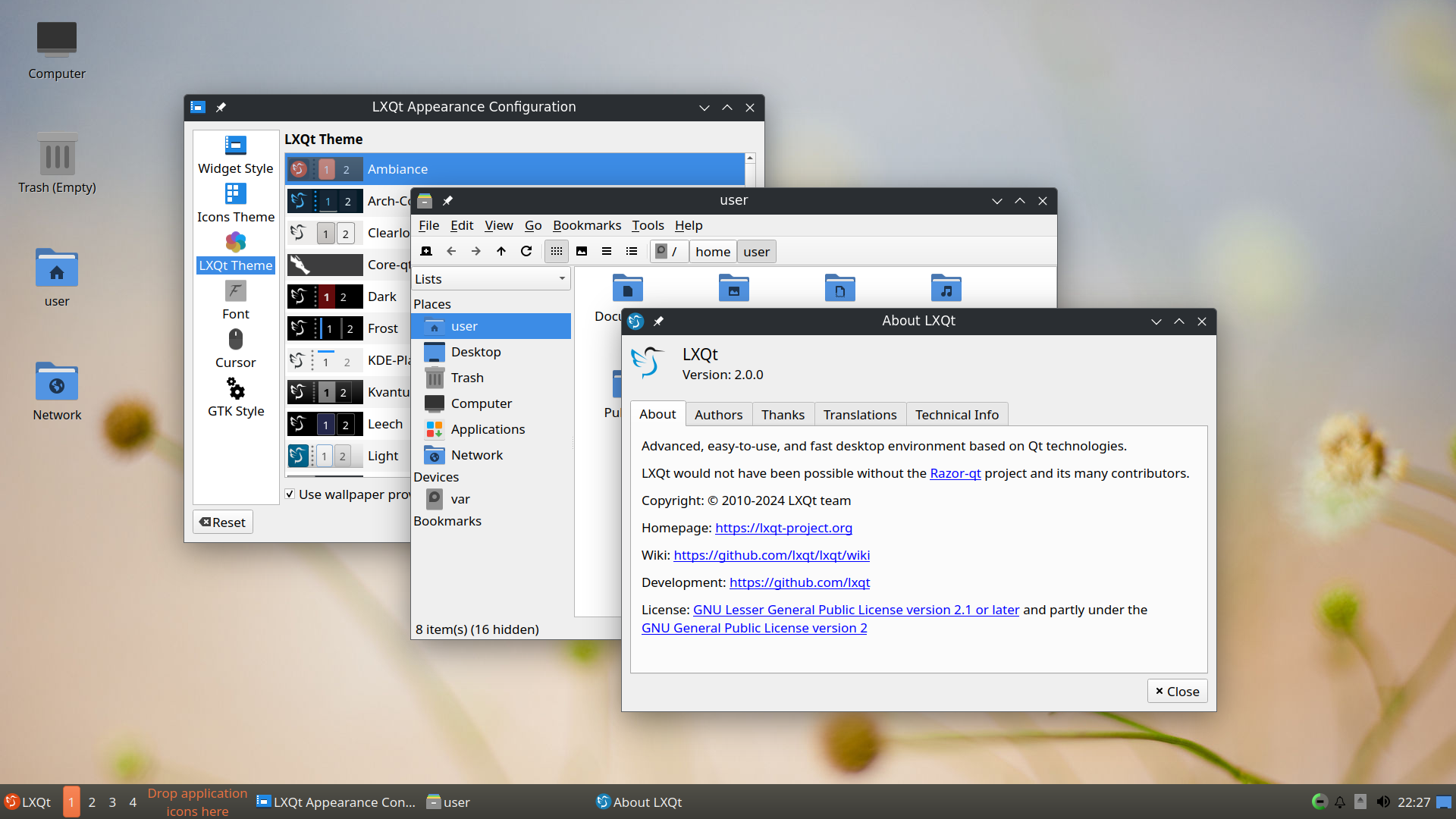Can you use your phone as a boat anchor?
I've bought a phone following this theory.
After 3 years, the USB port wore out and didn't charge anymore. And after 4, the phone got concerningly hot during wireless charging.
So yeah, the battery lasts longer, but phones aren't designed for a long life in general.
They did that to get away from that food.
Damn, I wouldn't want to be anywhere near when he's serving breakfast.
That drawing is absolutely awesome, thank you for that!
Dwarf bread is rock-hard (and indeed contains various rocks such as gravel), never goes stale, and is terribly sustaining. A traveller can go for miles, just knowing there's dwarf bread in their pack. A traveller can think of just about anything to eat rather than dwarf bread, including their own foot.
Various forms of dwarf bread can be used as weapons, e.g. battle muffins and drop scones.
Proper dwarf bread has to be not just baked, but forged and dropped in rivers and dried out, and sat on and left, and looked at every day and then put away again. For preference, its use as a cat's litter box is also recommended.
Dwarfs generally devour it with their eyes, because even dwarfs have trouble with devouring it any other way.
(from various Discworld novels)
The retro encabulators just have more soul.
My wife did not react kindly to that request when she was pregnant.
Economy is just applied psychology.
3 coins is more than 2, so it's for men.
Cause they earn more.
Penis Inspection Day is missing too.
With Paradox, you get a complete and very complex game right from the start.
And then they shovel mountains of DLC on top for those who haven't played anything else in the past 5 years.
If you played it with all DLC as a beginner, you'd be completely overwhelmed.








The economy used to function with half the adult population (men) working 40h a week.
I'm not surprised that it continues to function with the entire adult population working 36h a week.
The fact that it isn't way below 20h is a scandal in my opinion.
Cause every work hour achieves so much more productivity now than what it did in the 50s.
But all that productivity benefits the owners, not the workers.